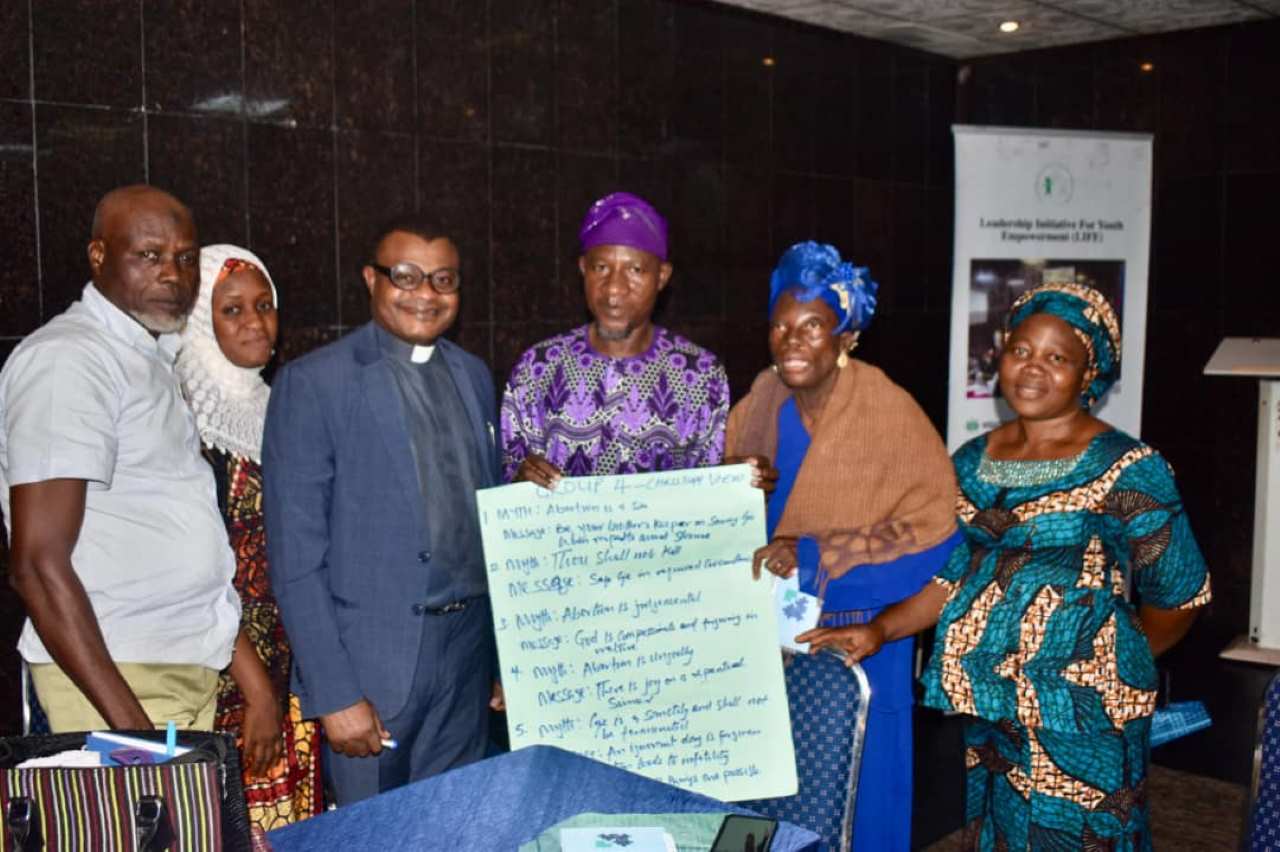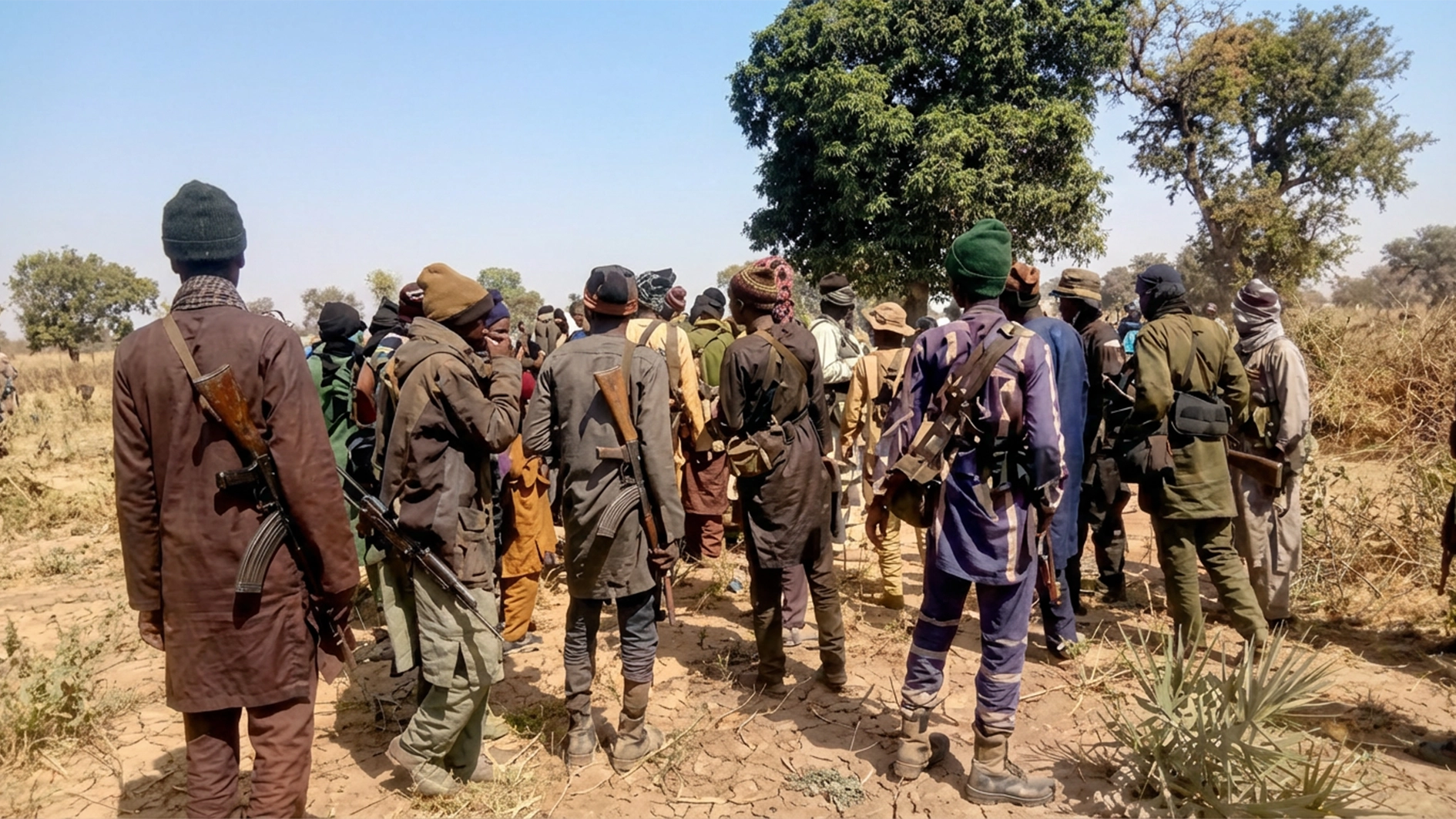Amid rising maternal deaths and unsafe abortions in Nigeria, the Leadership Initiative for Youth Empowerment (LIFE) has called on Nigerians to reconsider abortion not as a moral issue but as a public health emergency and a human rights concern.
Through its latest project, “Advocacy and Training Guide for Health Workers,” LIFE is challenging long-held misconceptions using evidence-based information and empathy-driven dialogue. The initiative seeks to shift discussions from stigma to support, reshaping how healthcare providers, policymakers, and communities approach abortion-related care in Lagos and beyond.
For many Nigerian women, seeking abortion-related care is not only medical but also emotional and social, often marked by fear, judgment, misinformation, and limited access to safe services. LIFE noted that many Nigerians still believe abortion is entirely illegal, and women who seek it are often stigmatised as irresponsible or immoral. These misconceptions, it warned, go beyond social bias to endanger women’s lives.
Under Nigerian law, abortion is permitted only to save the life of the pregnant woman, but this exception remains poorly understood. According to the Guttmacher Institute, more than 1.25 million abortions occur annually in Nigeria, over half of them unsafe and performed by untrained providers.
The World Health Organisation (WHO) estimates that unsafe abortions contribute to up to 13 per cent of maternal deaths globally, with Nigeria bearing a disproportionate share.
In Lagos, where cultural and religious beliefs strongly influence perceptions, the impact is particularly visible. During a community session in Oshodi-Isolo, a 22-year-old participant who requested anonymity shared: “I didn’t know where to go. I feared being judged, even by nurses.” Her experience mirrors those of countless women trapped between cultural expectations, legal ambiguity, and fragile health systems.

According to LIFE, religious leaders often denounce abortion as a moral failure, while families discourage open discussion. Even among health professionals, many remain conflicted. A 2023 study by IPAS Nigeria found that 38 per cent of health workers in Lagos felt uncomfortable providing post-abortion care, even when legally allowed, citing fear of community backlash and religious pressure.
A public health specialist and LIFE member, Dr Chinwe Okafor, explained that the attitudes of health workers often determine whether a woman receives care or turns to unsafe alternatives. She urged medical practitioners to adopt compassion as a clinical best practice, not merely as a moral choice.
This tension between personal faith and professional duty is one of the key challenges LIFE aims to address through its training guide. The resource encourages healthcare providers to reflect on biases, adopt trauma-informed care, and use respectful, nonjudgmental language.
According to LIFE, the new guide is structured around four key areas: clarifying the law by explaining Nigeria’s abortion provisions, including the life-saving exception and the importance of post-abortion care; challenging stigma through storytelling and community dialogue to humanize women’s experiences; training health workers with workshops focused on empathy, communication, and reproductive rights; and advocating for policy change by engaging lawmakers to protect providers and expand safe abortion access.
The organisation noted that young and low-income women, especially those under 25, are the most affected by misinformation and limited healthcare options.
A 2022 report by the Nigerian Urban Reproductive Health Initiative (NURHI) revealed that 61 per cent of women in Lagos had never received formal education on reproductive rights, while 47 per cent believed abortion was always illegal.
Beyond advocacy, LIFE is collaborating with legal experts to develop policy briefs and push for reforms that protect both women and healthcare providers, aiming to shift public perception through law and practice.
A reproductive health lawyer, Funmi Adeyemi, noted that Nigeria’s abortion law, rooted in colonial-era penal codes, remains restrictive and ambiguous. Although termination is permitted to save a woman’s life, she said, the law offers no clear definition of what constitutes a life-threatening condition, leaving both women and providers vulnerable.
“We need legal reform that reflects medical realities and human rights,” she said. “Fear of prosecution shouldn’t stand between a woman and her doctor.”
Also speaking, a reproductive health researcher at the University of Ibadan, Dr Ayoade Olatunji, urged Nigeria to move from moral panic to public health logic.
“Abortion is a health issue, not a character judgment,” he said, recommending that reproductive rights education be integrated into secondary school curricula and medical training to normalise informed, compassionate care.






